Sunday Reflections: The Kids are Not Alright, Alright, Alright
TRIGGER WARNING: THIS POST TALKS ABOUT MENTAL HEALTH AND SUICIDE
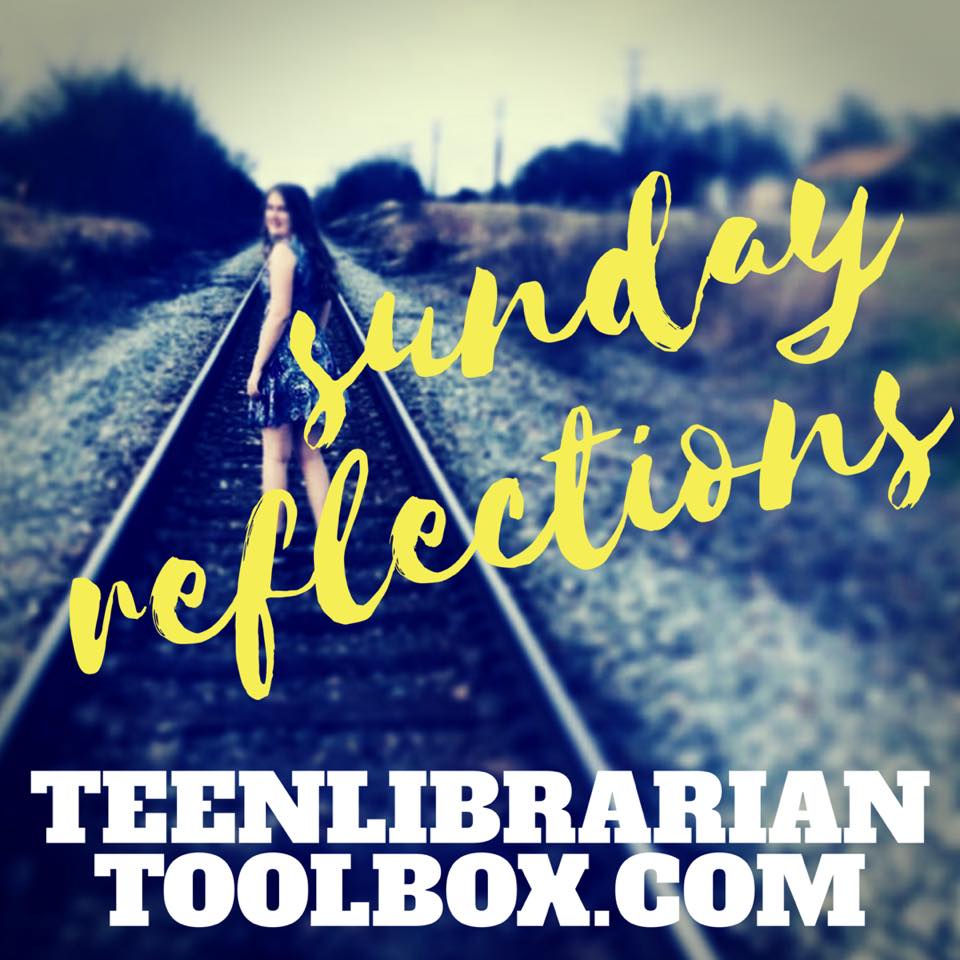
Last Sunday night, with a house full of teens, my email alert dinged. The prinicpal was sending out an alert to parents letting them know that our high school population had experienced a recent loss and that extra counselors would be available the following morning. What it did not tell parents, but all the teens in my home seemed to already know, was that a young man had died that Friday night by suicide. In fact, the teens informed me, no fewer than four teens had died in our surrounding and nearby community over the weekend by suicide and teens were talking about it on social media. The teens knew far more than any adults did, and far earlier.
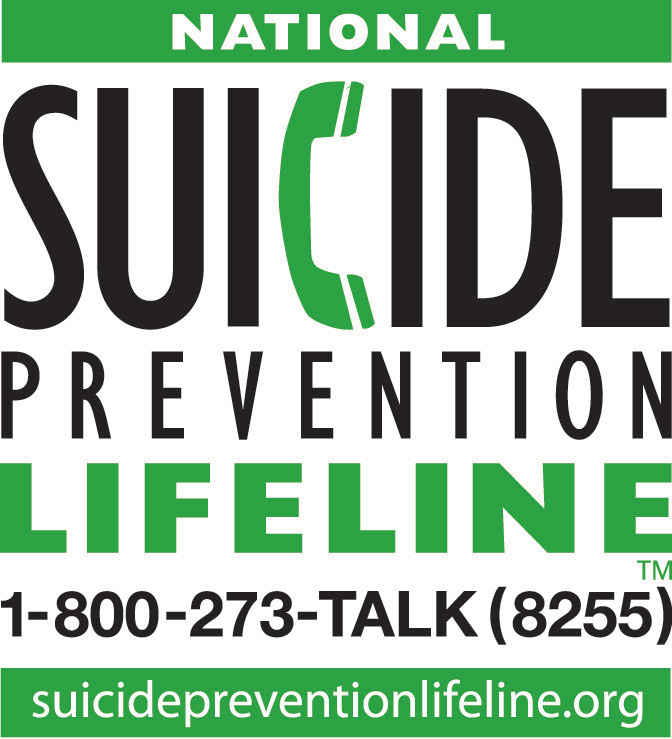
Just a few months before, a young man died in the house next door to mine from a drug overdose. Again, teens talked about this on social media. There was a lot of discussion in the days and weeks that followed about how this young man had been struggling with mental health issues and had used substances to help self medicate and calm his troubled mind because he did not have access to the resources he needed to handle his medical crisis in healthy ways. There was a lot of angry among the teens in my life about how adults were failing them when it came to issues of mental health. That theme came up again over the course of the last week as teens talked about and processed what it meant to have another one of their friends die because of mental health issues.
ADVERTISEMENT
ADVERTISEMENT
There are several things I’ve thought about in the last few days and months regarding teens and mental health. These teens are right, we, as adults, are failing our youth when it comes to issues of mental health.
Teens have access to this information in ways that they never have before and it is both a blessing and a curse. In many ways, the stigma against mental health is being eradicated and teens are openly talking about the very issues that generations before them had to deal with in secret. Teens today know that they aren’t alone; that their friends, neighbors and school mates are struggling. There is a lot of good that comes from feeling seen, feeling understood, and feeling supported. There is a lot of good that comes from bringing mental health issues, one kept in the dark, into the light. I am glad that these discussions are happening, though I sometimes worried about how those discussions are happening without a lot of adult assistance. Whether we want them to or not, teens are having meaningful discussions about serious issues and if we don’t engage them, they are often having them without meaningful support or resources.
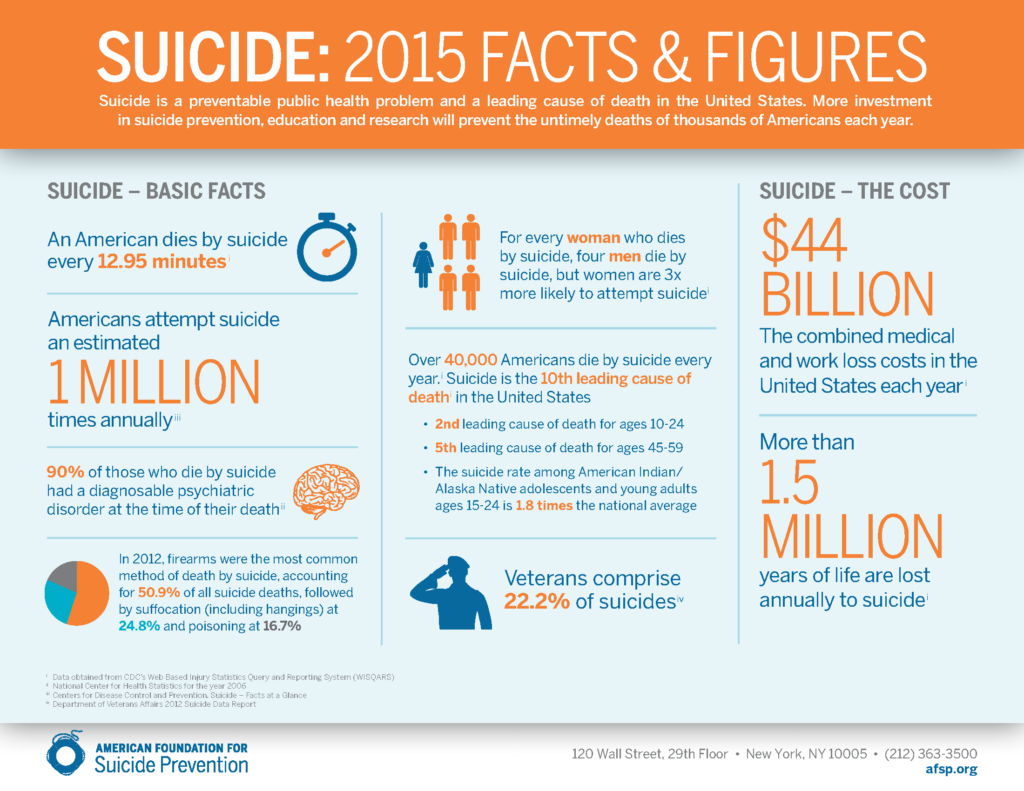
I have often read that psychologists caution that adults be careful about how they talk about the issue of suicide, as teens can be more susceptible to this issue. It is one of the reasons that many psychologists, educators and parents bristled and cautioned about the way that mental health issues and the topic of suicide are presented in the Netflix show 13 Reasons Why. And there is evidence to suggest that the debut of 13 Reasons Why has correlated with an increase in the number of teens attempting or completing suicide. This does not, however, mean that we shouldn’t talk with teens about suicide. In fact, many psychologists suggest that it is important to talk openly with teens about suicide, especially if you are a parent.
Many articles of late discuss the fact that our teens seem to be struggling more than ever with depression, anxiety and suicidal ideation. Our kids today are not, in fact, alright. Suicide rates among teens have been increasing at an “alarming pace” according to recent reports. And many psychologists warn that social media may be a possible contributing factor. As are a rise in the number of incidents of bullying, increased academic pressure, and the growing number of families struggling financially.
I am not a psychologist so I am by no means in a position to talk about this issue. I am, however, a parent with my own mental health issues (depression, anxiety, sometimes panic attacks and some suicidal ideation in the past) raising two kids with a tendency towards anxiety. I have also worked with teens for the past 26 years. Without a doubt I have experienced more teen death in the last five years than I did my first twenty-five years working with teens. I find this fact alarming. I have also spent a lot of time recently diving more deeply into the concept of trauma informed librarianship and vicarious trauma.
The reach of social media is also profoundly more far reaching. These teens in my home weren’t just talking about one death, but they were now talking about four deaths of their peers in the surrounding area. That’s a lot to process. Many of these teens have their own mental health struggles that they wrestle with and they worried whether or not they would be able to cope with this knowledge. Social media means that these teens have more information, on a much larger scale, and far more quickly. These teens weren’t just processing one death, they were processing four. It made a huge difference.
As an adult who cares about and advocates for teens, I honestly didn’t and don’t know what to do. The truth is, I am not qualified or equipped to deal with a mental health crisis of this nature. Not many of us are. But the teens in our lives need us to help them navigate in these moments.
So the next day, I went to work and emailed everyone in my system that works with youth and let them know about the chatter on social media so that they would have a heads up if the overheard the youth in our libraries talking about these issues. I sent them links to local resources that help our youth in mental health crisis. I sent them a link to a poster that they could put up in their library so that teens could contact someone confidentially. It’s not a lot, barely anything, but it’s something. And something is always better than nothing. NAMI is a great starting place for information on teens and mental health.
The most important thing that I did is that I contacted every teen I know in my personal life – because I am the parent of a teen and active in my church I have some teen contacts – and let them know that I was here if they needed to talk. I told them that I loved them, that I supported them, and that I believed in them. It is no magical cure for mental health issues, but again, knowing that there is someone in your life who supports you unconditionally can make a difference.
ADVERTISEMENT
ADVERTISEMENT
It is important that we know and understand that mental health issues are real. That they are medical issues. We need to continue to work together to end the stigma, to provide better medical coverage for mental health issues, and that we work together or provide more affordable health care so that every person in crisis can get the medical interventions that they need to live healthy, productive and meaningful lives. Although mental health can be an extremely personal issue, it isn’t an isolated issue because the costs of mental illness are real, global and growing. The opioid crisis, for example, costs the United States billions of dollars and millions of lives.
If you are not aware of the growing mental health crisis among our youth, I beg of you to please take some time reading about it online. If you care about youth, any youth, please become informed of the signs to look for and local resources in your area to refer teens to. If you work in a library, please make sure your staff has training, a clearly laid out policy and plan of action, and that your staff knows that you will support them if they ever need to intervene in a moment of crisis. Be proactive regarding this issue, not reactive. Your staff need to know what to do in case of an emergency. Please consult with your local mental health and legal experts while you approach this work so that your library is adopting best practices and having the appropriate conversations.
Last week, as I was wrestling with my own issues regarding this issue, another teen librarian contacted me personally to let me know that one of their teens had handed them a suicide note in her library. Although I have worked with and talked to many teens in crisis, nothing like this has ever happened to me before. I thought about the overwhelming emotional burden that this librarian, my friend, now found themselves in. Help was contacted and appropriate steps were taken to keep this teen safe, but I know that this librarian will spend the rest of their life dealing with this moment. I hope it will be the only one like it for them.
When our youth are in crisis, we all are in crisis. Nothing happens in isolation. We are all connected and we all have a responsibility to create the best world that we can for our youth, for each other, and for ourselves. Evidence suggests that we are failing and that has immediate and far reaching consequences. We won’t know the full impact until far into the future. We will see the effects for decades to come. It’s our responsibility to do what we can now to help our youth not only survive this world we are making for them, but to thrive. I’m here to tell you, we’re doing it wrong.
Filed under: #MHYALit, Mental Health, Mental Illness, Suicide
About Karen Jensen, MLS
Karen Jensen has been a Teen Services Librarian for almost 30 years. She created TLT in 2011 and is the co-editor of The Whole Library Handbook: Teen Services with Heather Booth (ALA Editions, 2014).
ADVERTISEMENT
ADVERTISEMENT
SLJ Blog Network
The 2024 Ninja Report: Bleak
A Sequel Coming This Summer That You Won’t Want to Miss: Bob Shea Discusses His Latest
Review| Agents of S.U.I.T. 2
ADVERTISEMENT



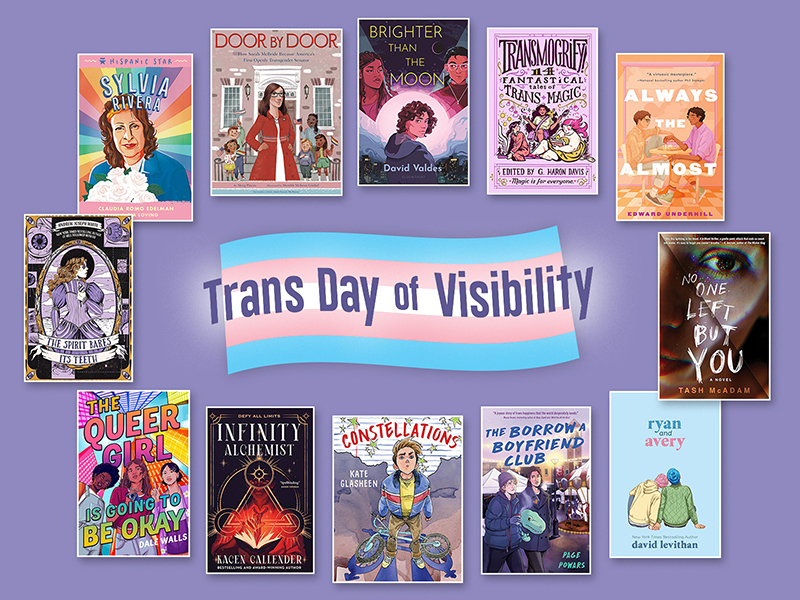


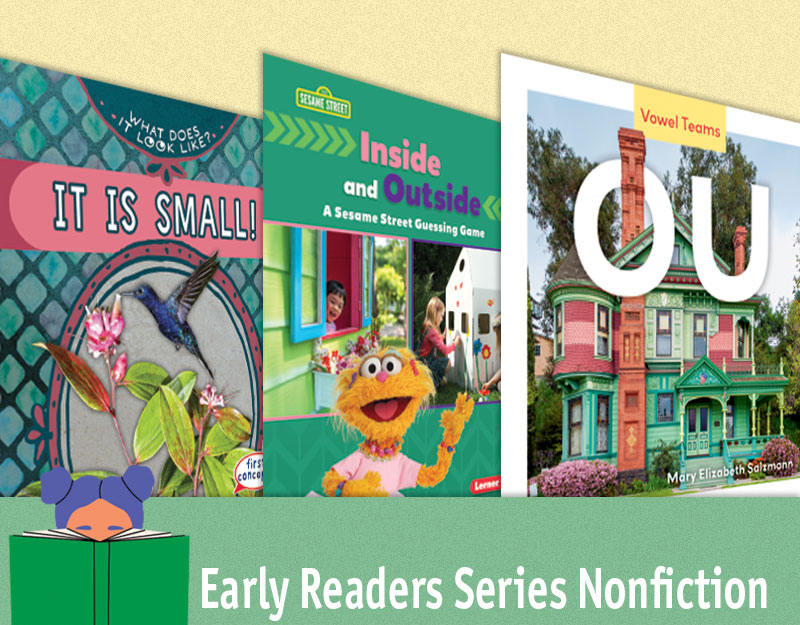

Thank you for this, Karen. Well-said, and all true.